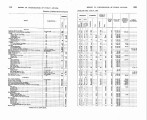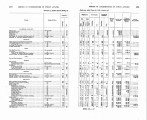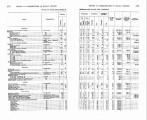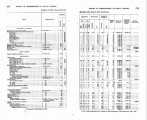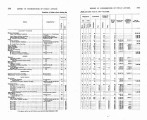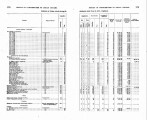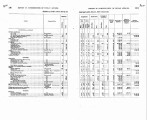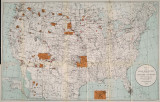| OCR Text |
Show BEPORT OX COMMISSIONER OF INDIAN AFFAIRS. 119 To insure protection to the agency employees and other white pcr-sons in the neighborhood of the Ute settlement, in case the Utes should openly revolt, Special Agent Downs recommended that a form of . United States soldiers be stationed there; and, accordingly, in the latter part of October, the War Department dispatched two troops of cavalry to remain for a while near the Ute camp at Thunder Rutte. Meanwhile, Capt. Carter P. Johnson, U. S. Army, who had been instrumental in removing the Indians from Fort Meade to the Chey-enne River Reservation, was sent there to counsel with them and report to the War Department. In his report of October 30, 1907, he strongly urged a plan which included further rationing of the Utes. No doubt, the easiest way out of the difficulty would hava been to continue to feed, clothe and shelter these Indians, as they themselvaq had proposed. But it seemed to me that we had reached a crisis in their affairs where the only thing to do was to keep them faced squarely with the one alternative which had been held out to them from the beginning-the same alternative faced by other cibizens of every race and color in th$.country: since work and wages had been offered them, they must either earn their bread or go without it. To parley further was only to postpone the evil day. It was hoped that even at that late hour they would accept the situation and take the wiser course when confronted with the plain choice of accepting employment or taking the natural consequences of re-jecting it. I neither attempted nor advised any measure of coercion. My one effort throughout the episode was to impress upon these people the fad that as citizens they were amenable to the law, and that the law contemplates that every man who can do so shall support him-self and his family and permit his children to receive the rudiments of an education. I accordingly recommended that the President be advised of the facts and be requested to assure the Absentee Utes that he had reached the last limit of lenity in dealing with them. This attitude of the Government was conveyed to the Indians, at my instance, through Captain Johnson as coming direct from the President. On November 2, 1907, I dispatched to the reservation Charles E. Dagenett, supervisor of Indian employment, who had procured offers of remunerative work for some of the Indians, so that he might immediately arrange for their employment if they would accept it. At the same time I recommended that the military force in their neighborhood be strengthened; that it be confined exclusively to pre-serving order, and that the same general l i e s of policy be followed which were pursued when these people were first rounded up and removed to Fort Meade, namely, that they be convinced through their |













































































































































































